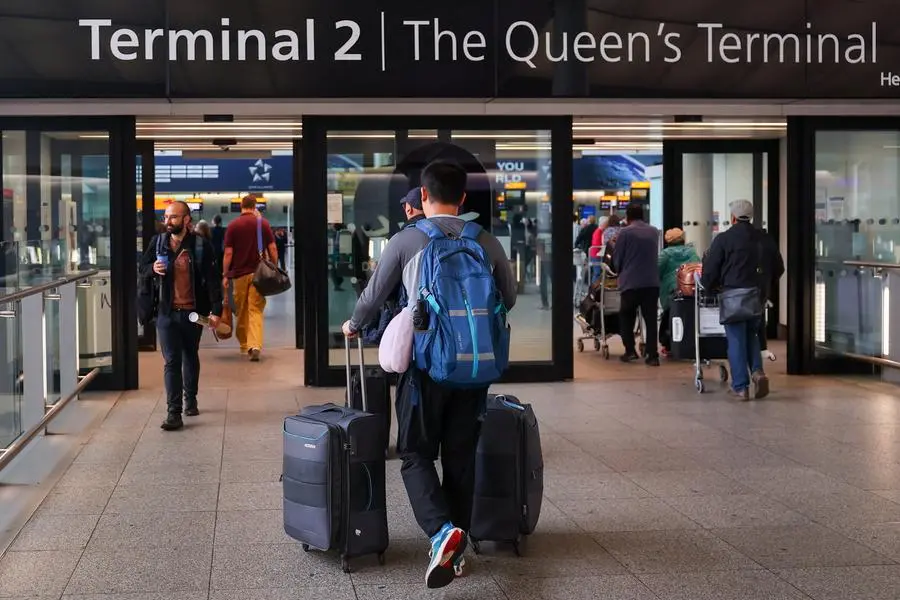Some of Europe’s busiest airports are still battling disruptions after a cyberattack crippled key check-in and boarding systems late last week. The outage, which targeted Collins Aerospace’s MUSE software, left passengers facing long queues, delays, and cancellations across major hubs including London’s Heathrow, Berlin Brandenburg, and Brussels Airport.
The incident began on Friday when hackers struck Collins Aerospace, a unit of RTX. The attack disrupted automated check-in and boarding, forcing airports to rely on slower manual processes. While operations gradually improved at Heathrow and Berlin by Sunday, Brussels remained heavily affected.
According to airport officials, Brussels Airport was forced to cancel 50 of Sunday’s 257 scheduled departures, with another half of Monday’s flights also scrapped to avoid chaos at terminals. On Saturday, 25 flights were canceled under similar conditions. A spokesperson said the airport is still waiting for Collins Aerospace to deliver a secure, updated version of the software.
Collins Aerospace confirmed it was working with four impacted airports and several airlines to restore full functionality, noting that the issue was in the “final stages” of being resolved. RTX stated the problem could be mitigated through manual check-in, though this has meant longer waiting times for passengers.
At Berlin Brandenburg, officials acknowledged some delays but said workarounds were in place, with disruptions now close to “normal operating levels.” Heathrow reported that “the vast majority of flights” were operating despite lingering issues. Aviation data provider Cirium rated delays at Heathrow as “low,” Berlin as “moderate,” and Brussels as “significant.”
The cyberattack is the latest in a series of hacking incidents hitting critical industries across Europe, from healthcare to manufacturing. Investigations are ongoing into the source of the breach, with regulators warning of vulnerabilities in widely used operational systems.
For travelers, the impact has varied. One passenger at Brussels said the experience was “business as usual” thanks to online check-in, though those with baggage to process were left in long lines.
With cybersecurity threats on the rise, airports and airlines now face mounting pressure to strengthen digital defenses while keeping passenger disruption to a minimum.

